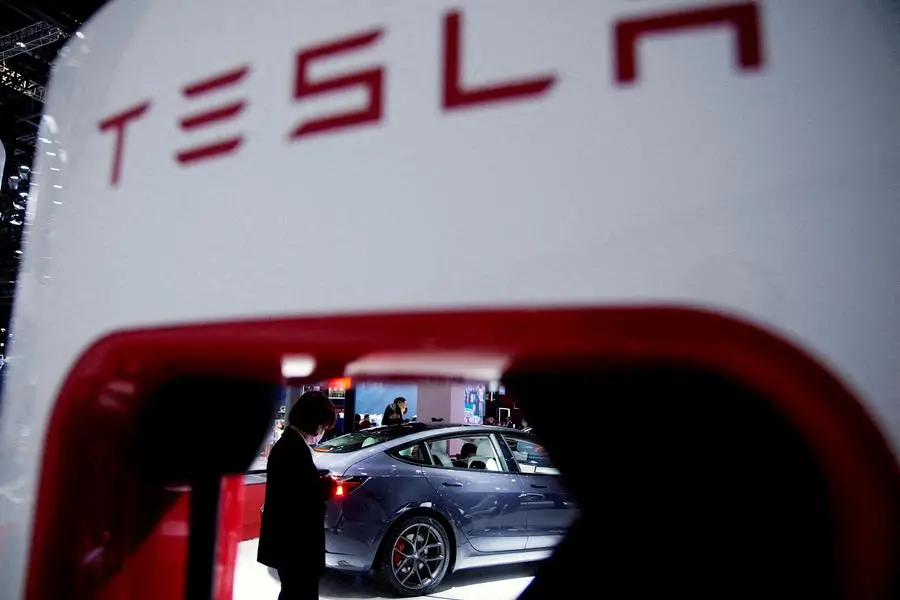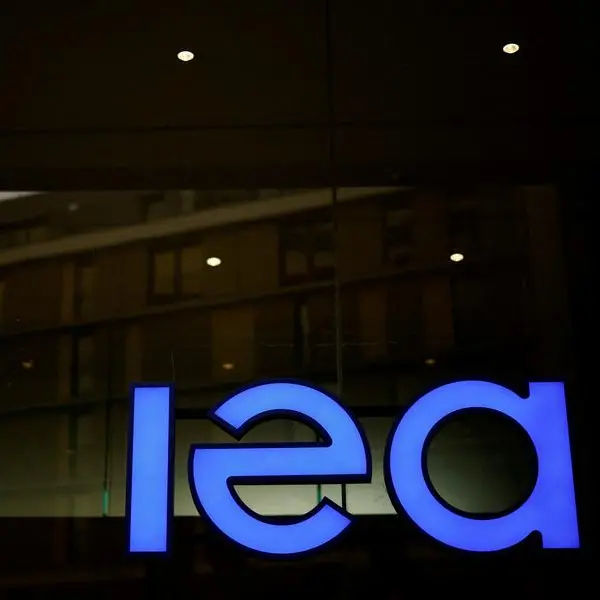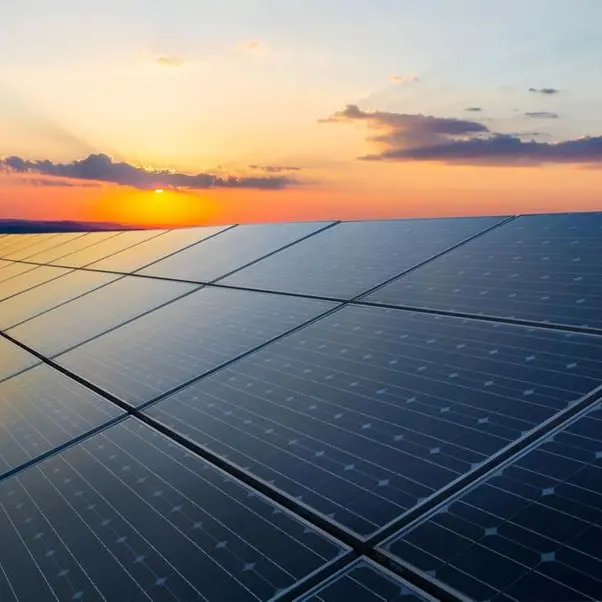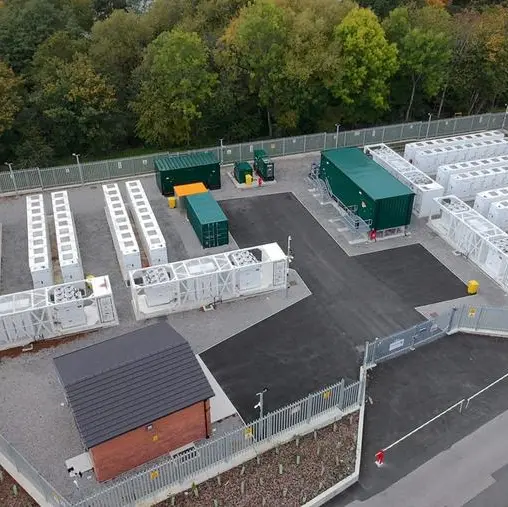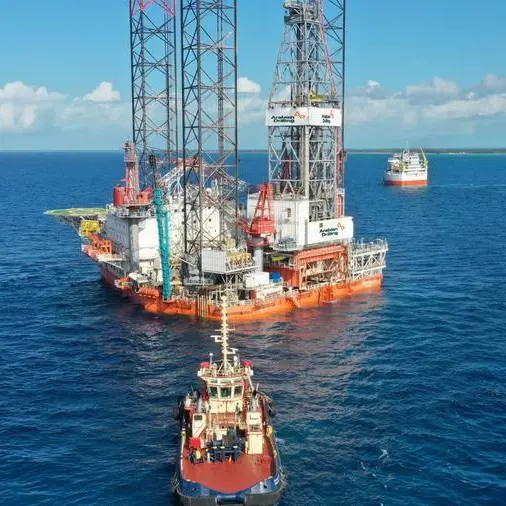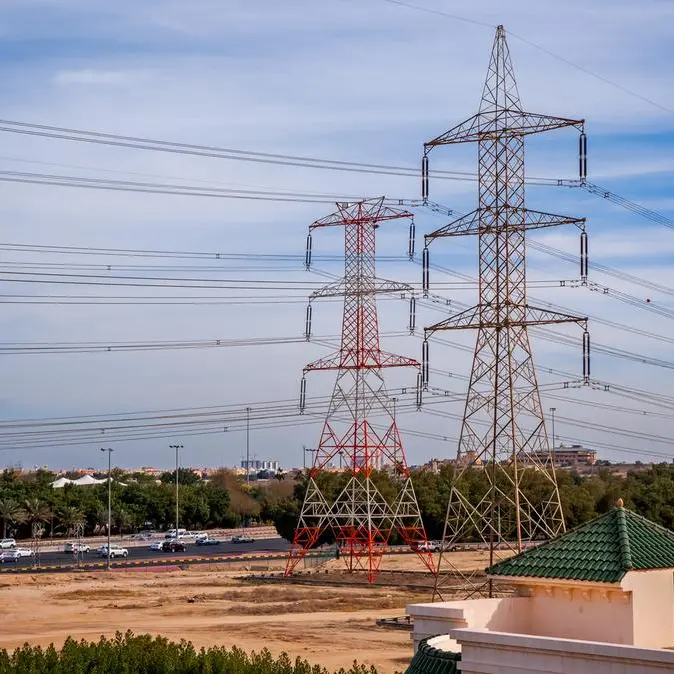PHOTO
General Motors will join Ford in adopting Tesla's North American charging plug standard and give GM electric-vehicle buyers access to the Tesla Supercharger network under an agreement announced on Thursday.
GM's move, which follows a similar decision by Ford to embrace Tesla's charging plug standard, means three of the top EV sellers in the North American market have now agreed on a standard for charging hardware. The agreement was announced by GM CEO Mary Barra and Tesla chief Elon Musk in a Twitter Spaces event.
Investors applauded the deal, and the prospect of one charging hardware standard for the North American market. GM shares rose more than 4% after the bell and Tesla shares rose 4%.
The alliance among the three leading rival U.S. EV manufacturers has significant commercial and public policy implications.
The Biden administration made adoption of a rival "combined charging system" (CCS) standard a requirement in order for companies to be eligible for billions of dollars of federal subsidies for new charging stations on some 7,500 miles (12,070 km) of the nation's busiest roadways. The alliance among Tesla, Ford and GM challenges the White House's direction.
But Transportation Secretary Pete Buttigieg told CNBC in May after the Ford-Tesla deal that the industry will eventually converge on one system but that adapters would allow cross- usage.
Tesla, GM and Ford together account for about 70% of current U.S. EV sales. Industry executives see differing EV charging connectors as a barrier to wider consumer adoption of electric vehicles.
"I think this is just going to be a fundamentally great thing for the advancement of electric vehicles," Musk said during the Twitter Spaces conversation with Barra.
"I think it all just got a little better," Barra said.
GM could save $400 million from the agreement, Barra told CNBC in an interview Thursday.
'SNOWBALL EFFECT'
From a consumer standpoint, the deals with the Detroit automakers look like a win for Tesla, which invested heavily to deploy its distinctive fast-charging stations across North America when most other automakers delegated charging to third parties.
Tesla Superchargers account for about 60% of the total fast chargers in the United States and Canada, according to U.S. Department of Energy data.
"This is pretty huge," Consumer Reports senior policy analyst Chris Harto said. "I could see this being kind of a snowball effect of more and more automakers jumping on board and shifting towards the Tesla standard."
For GM and Ford, the deals are a wager that the benefits of giving their customers access to Tesla's extensive rapid charging network outweigh the risks that their customers will like what they see and choose Tesla for their next purchase.
The alliance among Tesla, GM and Ford puts pressure on other automakers and independent charging network operators that had adopted the CCS standard. A U.S. move to Tesla's standard could be difficult for rival charging station manufacturers that are already setting up shop in the United States to make equipment that conforms to CCS standards.
"It does make it much more likely that NACS will win out in North America over CCS," said David Whiston of Morningstar Research, referring to Tesla's North American Charging Standard. Other charging providers could still use the CCS standard and rely on adapters to serve Tesla, Ford and GM vehicles, he added.
Shares of charging companies ChargePoint and EVgo were both down more than 4% in after-hours trading on Thursday.
GM said it will equip EVs with connectors based on the Tesla North American Charging Standard design starting in 2025. Next year, current owners of GM EVs will be able to use 12,000 Tesla fast chargers in North America, and adapters will be made available.
Musk said Tesla "is not going to do anything to prefer Teslas" as more rival brands access the Supercharger network. "It will be an even playing field ... The most important thing is we advance the electric vehicle revolution."
Ford CEO Jim Farley held a similar discussion with Musk on Twitter last month announcing the No. 2 U.S. automaker had reached agreement with Tesla to allow its electric vehicle owners to gain access to more than 12,000 Tesla Superchargers in North America in early 2024.
(Reporting by David Shepardson in Washington and Joseph White in Detroit Additional reporting by Hyun Joo Jin and Abhirup Roy in San Francisco, Kannaki Deka and Niket Nishant in Bengaluru and Jarrett Renshaw in Philadelphia Editing by Peter Henderson, Sayantani Ghosh and Matthew Lewis)
